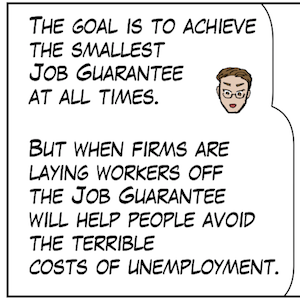Major shifts in sentiment within Japan as they try to escape the cost-cutting excess profits mindset
This week (July 29, 2025), the Cabinet Office in Tokyo released the Economic and Fiscal Report – 年次経済財政報告 – which is a comprehensive statement of where the Economic and Fiscal Policy Ministry thinks the Japanese economy is going and the challenges it faces. It is a long and very thorough document. But like many official documents that the Japanese government publishes, it reads quite unlike what other governments that are sort of in IMF-spin mode pump out. The fundamental takeaway from reading the Report is that the Japanese government is still uncertain about whether the country has evolved out of its deflationary mindset and become a ‘growth-oriented’ nation driven by real wages growth. There is certainly criticism (implied in the Japanese fashion) for corporations sitting on large cash assets who are underinvesting in local productive capital. But the overwhelming hope of the government is that the nascent wage increases that have been offered mostly by the large major corporations continue and spread throughout the economy into the dominant small and medium enterprises. Most governments are still in the corporate cost-cutting mindset – thinking that is somehow how productivity and improved material well-being will occur. So their foci is on deregulation and attacking trade unions and that sort of ‘supply side’ nonsense. The Japanese government is firmly banking on a consumer-led, domestic economy growth strategy fostered by extensive wage rises outstripping the growth in prices.
